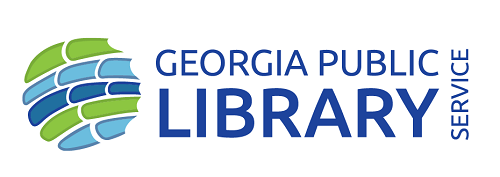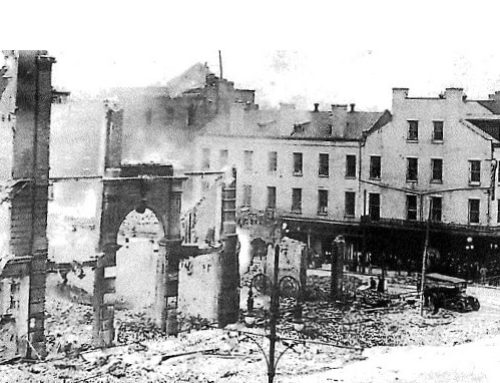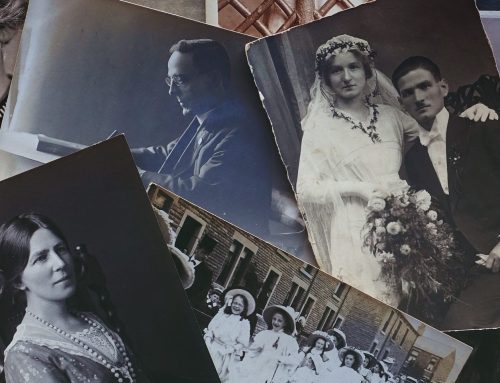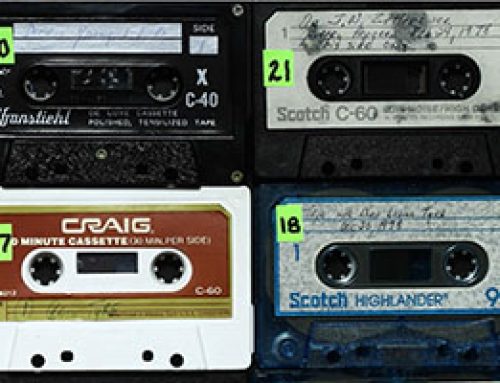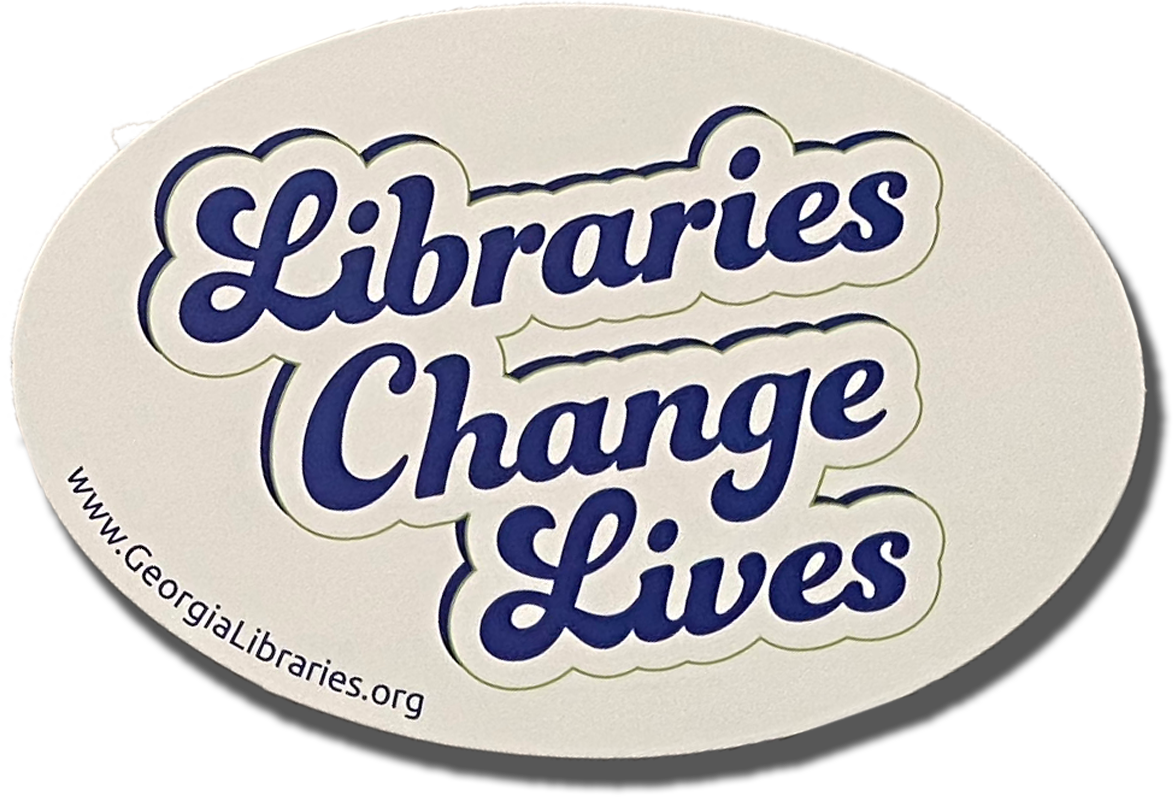Did you know many libraries collect unique, rare, or hard-to-find archival and primary resources? These are records you won’t find anywhere else, like this enormous 450-year-old book, these 1936 film clips and images from the fifth-deadliest tornado outbreak in U.S. history, mid-century photographs from an African American community in north Georgia, or newspapers documenting the burgeoning indie music scene in Athens, Georgia.
Your library has everything you need to explore family, local, and national history. Here are five quick tips for getting the most out of these free resources:
- Define your question. Whether you’re investigating your family history or looking for primary sources for a history paper, defining your research question will help focus your search, ultimately making it faster and easier to find what you need. Try this handy research log to help you keep your eyes on the prize. While it’s geared toward genealogists, the form will be helpful to anyone exploring history.
- Explore online. Did you know that public libraries have millions of archival, genealogical, and primary source materials freely available online? By focusing on digitization of their unique materials, libraries have facilitated easier access. Plug your search terms into the Digital Public Library of America, the Digital Library of Georgia, Georgia Historic Newspapers, the Civil Rights Digital Library, Civil War in the American South, or the New Georgia Encyclopedia and see what’s available. Through GALILEO, your library card gives you free access to additional resources like HeritageQuest, Voyages: The Trans-Atlantic Slave Trade Database, and, inside your library, Ancestry Library Edition; if you don’t have a card, visit your local library to sign up.
- Know before you go. Of course, not everything is available online, and no research is complete without a visit to your local library. Here are a few pointers to simplify your trip:
- Confirm your library’s location and hours of operation; if you’re in Georgia, check out this handy Public Library Directory.
- Look for your item(s) ahead of time by searching the library’s catalog. If your library is part of the PINES network, you can search the catalog here.
- Some libraries have unique historical or archival collections, such as those listed in the Georgia’s Treasures guide. Some, like the Auburn Avenue Research Library on African American Culture and History, take up an entire 3-story building! Every library is different, so call ahead to confirm availability if you’re planning to use a particular item, collection, or piece of equipment.
- Make contact. Once you’re there, don’t be afraid to ask questions of the library staff–that’s what they’re there for! If you’re working with special or archival collections, the librarian or archivist on duty may have some great suggestions for other resources to check out.
- Dig in. Now comes the fun part. Be sure to revisit your research question and take note of which materials you’ve looked at–whether they helped answer your query or not. Keep track of items you want to come back to, jotting down call numbers and citations along the way. If copying original materials, remember to ask the staff for any reproduction, use, and citation policies.
And of course, have fun. Odds are you’ll discover more questions (and more than a few great books) along the way. History lives at your library!

